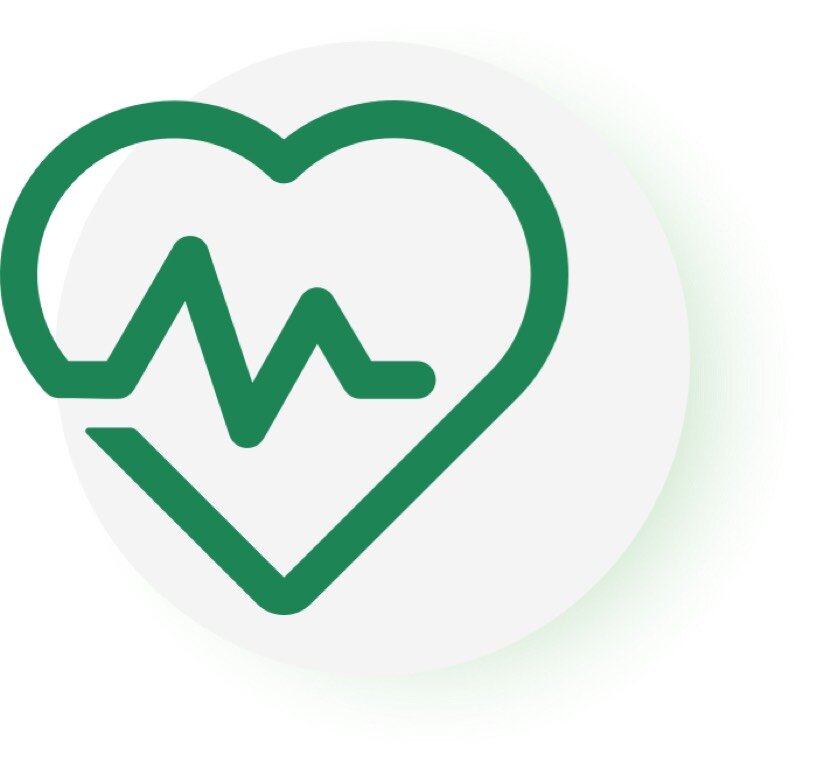Create change your organization can feel and see
Since 1991, Maddock Douglas has been providing its clients with the fresh thinking, innovation and diverse expertise to envision the future and build toward it.
This week, Maddock Douglas is fielding a prediction market study about the future of advice and advisors in a post-pandemic world. Through conversations we’ve had with experts from a wide spectrum of industries, as well as secondary research and trend analysis, we’ve come up with tons of interesting areas of curiosity and hypotheses about the future.
One of the areas we are investigating in this study is centered on the skills and behaviors of advisors — specifically, the characteristics that consumers value most. In many ways, advisors will adapt to what clients need and demand. Getting a handle on what will help clients most is especially challenging because advisors are facing the same upheaval and ambiguity that their clients are, while still being expected to dispense sound advice.
This is why we believe it’s important to begin by understanding the trajectory of consumers’ evolving needs, emotions, and behaviors, and make industry predictions with these trends in mind.
It is no secret that traditional modes of conducting business have fundamentally shifted over the last handful of months. Not only are we physically distant, but there are major economic, political and social factors at play that are altering the very fabric of what we consider “normal.”
Here are a few trends that are impacting advisors (though this is by no means a complete list):

People are more worried than ever about health and safety, both for themselves and for loved ones. These new worries might affect the protection they’re looking for and the decisions they’re prioritizing. Low-touch and no-touch interactions are also being implemented wherever possible, which affects the dynamic for advisors who usually meet with clients in person.

Before COVID-19, many Americans had very little disposable income or savings — for example, nearly 40% would have trouble covering a $400 emergency expense. With widespread unemployment spikes (which will likely persist to some degree after the pandemic), many people’s financial pictures may become even bleaker.

Information is being politicized and misinformation runs rampant. The amount and access information has never been greater, but it has become increasingly difficult to know who or what to trust. For advisors, there is a massive amount of noise to cut through to share advice with current clients, let alone to stand out and command loyalty in a marketplace crowded with good and bad actors.

As we’ve known for years, widespread information and fintech tools are enabling consumers to (in some ways) become their own advisors. Although many consumers desire highly individualized advice, it is challenging to get people to pay for it when there are a multitude of free options available. This year, additional time at home and financial pressures may drive more consumers to figure out challenges on their own rather than seek out a human advisor.
Some of these trends have existed for years prior to this crisis, but they’ve accelerated significantly this year. (Think about how many companies — not just tech companies, but even organizations like Nationwide and Capital One — are considering remote workforces, compared to the slower trajectory the U.S. was on before.) And while our country will strive to return to a more familiar way of life once the pandemic is under control, there will certainly be long-term effects on consumer and corporate behavior from COVID-19.
As part of our research, the team has made a wide-ranging set of quantifiable predictions about how clients will want to work with advisors in the future, the signals of trust they will look for, and the value they most want to derive from advising relationships. Right now, we’re quantitatively validating some of the most compelling predictions with a prediction market, as part of our patent-pending ForesightRx research process.
Ultimately, our goal is to arm advisors from a variety of industries with guidance on how best to approach, maintain and build new relationships in the next three years. The path to success might look different in a post-pandemic world, so we want to make sure professionals in industries like finance, real estate, insurance and education have a robust toolkit to tackle the future.
Fill out the form below to stay informed about the project.

Since 1991, Maddock Douglas has been providing its clients with the fresh thinking, innovation and diverse expertise to envision the future and build toward it.